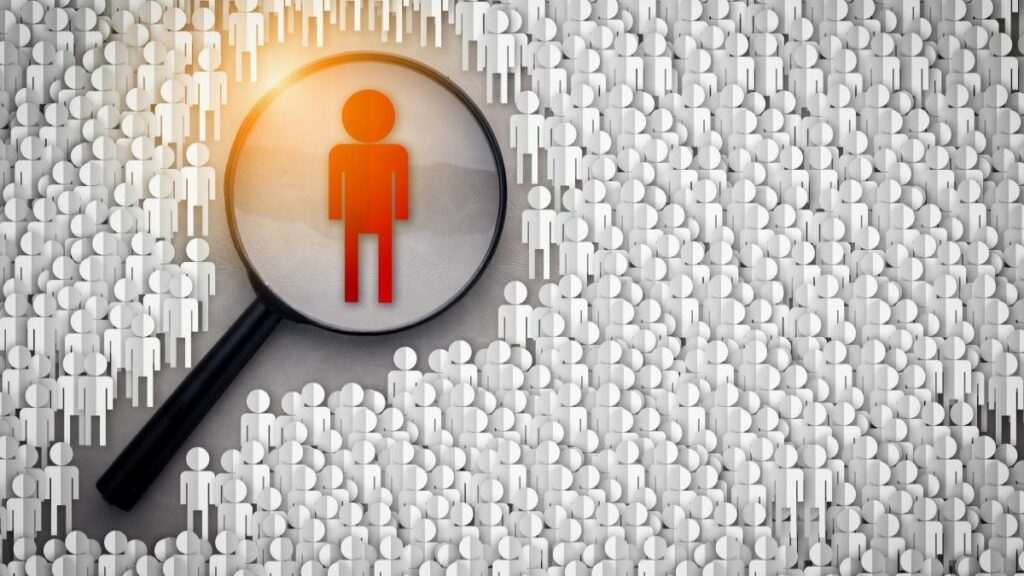Featured image by WHYFRAME
People use social media for all kinds of reasons, including to find other people. However, sharing tends to be a more common goal. People can share information, thoughts, pictures, videos, and more. They can choose what they see based on the information they believe. They get to choose what they read more about, and they decide who to accept messages from.
Indeed, the primary use of social media is to share information. The information can be true, false, or simply the user’s opinion. If you tend to overshare, you’ll be relatively easy to find.
At the same time, finding a real person on social networks isn’t without its challenges, as many people who’ve struggled with social media checks will tell you.
Why Some People Won’t Be So Easy to Find
Common names shared names with celebrities, hard-to-identify pictures, and unreliable profile information are some reasons people aren’t that easy to find. For example, you can’t expect to get far searching for someone called James Smith. Likewise, sharing a name with a famous person will render any search fruitless. The subject of your query will be buried under thousands of references to the famous person on Google.
While many people upload photos to their social media profiles, they are often unreliable. They are grainy or of otherwise poor quality. People sometimes upload group photos or a picture that has very little to do with them, such as a photo of their cat, dog, or bird. The subject of your search might be a member of a large family or a group of friends where several people have the same name. All this leads to a great deal of confusion if you have little information to go on besides a photo to guide you.
There are also people who were once quite active on social networks but became less so with time and stopped sharing pictures of themselves as a result. Then there are those who have never uploaded photos of themselves.
You’ll come across social media profiles with the image of a sports team logo or a cartoon character. Unless you remember the name or other identifying information, the photo won’t be very helpful in itself.
People are prone to share photos that disguises or hide their faces by using childhood photos, photos with a distorting filter, and other means.
RELATED ARTICLE: HOW TO DISCOVER MICRO-INFLUENCERS AND WHY YOU SHOULD
Unreliable Profile Data
Many people purposefully share false information on their social media profiles to make it more difficult for others to find them. Today, having several blogs, sites, or profiles with misleading information is not too difficult. It might look like you live in Chicago when you actually live in Boston or vice versa.
Fake Profiles
Fake profiles on Facebook and elsewhere are part and parcel of everyday life. The person you’re interacting with might be a professional managing multiple profiles. They might not even be a person.
People Without a Social Media Presence
This is rare, but there are people who avoid having an online presence. Without a profile on social media, the only chance you have of finding these people is limited to mentions in the press, a blog, or another site. Moreover, these means are not always reliable.
RELATED ARTICLE: HOW TO CHOOSE THE BEST SOCIAL TRADING PLATFORM
How to Keep People from Finding You Online
If you’re not in the above categories, you might be easy to find. If this isn’t something you want, there are ways to prevent others from finding you.
Oversharing online can reveal someone’s identity quickly. Keep your real name, date of birth, job, address, names of family members, and other sensitive information private. Consider whether your relationship status really needs to be public.
Watch out for enabled geolocation on images. Some social media tag a user’s location when uploading a picture. Or they might provide the option to tag a user’s location when posting. If you don’t disable this feature, you’re disclosing your location to everyone, whether or not you would want them to know your whereabouts.
Don’t share posts and photos with anyone other than your intended recipients. Media such as Instagram and Facebook only allow posts to be viewed by confirmed contacts. Check your privacy settings on a regular basis, as they often undergo changes.
Set up unique login information for each app you use. You are protecting yourself and your data by setting up a different password for each account. If you decide to stop using a certain social media account, deactivate it and delete all your data.
Finally, don’t accept friend requests from people you don’t know. Cybercriminals such as hackers often send friend requests so they can see the data you are sharing and access it.
RELATED ARTICLE: PROTECT YOUR SMALL BUSINESS FROM CYBERCRIMINALS
